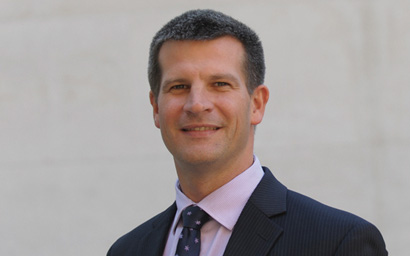Trusts do not have intuitive commercial uses. Trusts developed as a mechanism to protect private wealth from everything from despotic monarchs to spousal claims; they did not develop to assist in the raising or combination of capital for business ends.
A trust is difficult to define. A trust is not a thing; it does not have legal personality like a corporation. At its core, a trust is the combination of the rights and obligations between the legal owner of the trust property, the trust property itself and the object(s) which the trust property is to benefit.
There were commercial trusts which had beneficial tax consequences before but trusts’ commercial applications were never fully realised until the rise of hedge funds. Hedge fund managers’ desire for a complete separation of investment and control, coupled with some developments in offshore trusts law, most notably the development of the Star trusts in the Cayman Islands and the Vista trusts in the British Virgin Islands (both of which, among other things, permitted commercial purpose trusts), and some creative lawyers combined together to give the commercial trust full throttle.
Three important developments threaten a wave of new commercial trusts litigation: one is the realisation that trustees are not normal litigants; the second is recent legal developments clarifying investors’ rights in hedge fund structures; and the third is the reality that the time limit for lawsuits may be about to expire.
Trustees are not normal litigants. The hedge fund world has been enamoured of one or two aspects of trusts: the separation of ownership and control (the investors cannot appoint directors never mind dismiss the manager) and, in respect of unit trusts, the separation of ownership and risk (the investors are only liable up to the value of their investment while the trustee is personally liable for all obligations of the hedge fund). However, there is another aspect of trusts which is of increasing importance to hedge funds: the obligation of a trustee to pursue good claims if there are funds to do so; but, there is no authority as yet on the point (one must surely be coming soon) although it seems inevitable that this obligation will extend to force trustees to put illiquid investments into liquidation.
Investors have rights in hedge fund structures. I have two recent decisions in mind. In the one, a recent decision in the Cayman Islands severely circumscribed the meaning of typical hedge fund exoneration clauses for directors and held them accountable. In the other, a Privy Council decision from early 2011, the court held that investors were entitled to put hedge funds into liquidation in certain circumstances.
Claims are running out of time. Most, if not all, jurisdictions require claimants to commence proceedings within a certain time period. These limitations vary greatly but are often six years or less. As time passes, the claims that can be made by liquidators or others to recoup losses by the hedge funds are expiring.
Kinetic, one of the leading liquidators of hedge funds, estimates there remains roughly $60 billion (€45 billion) tied up in hedge funds where the net asset value calculation has been suspended or the redemptions frozen. This only accounts for some 3% of hedge fund investments, yet it is still a significant amount of money.
Many of these investments are held by banks. In some instances, the banks still have open corresponding derivative obligations to the very same funds of funds managers that convinced the banks to place the investments in the first place. The status quo cannot continue for much longer. Whether the trustees will prosecute these claims will be driven by their obligation to pursue good claims but only where there is money to do so.
The Madoff liquidators’ claw-back litigation has been remarkably effective at retrieving funds. It is difficult to imagine that financial institutions would want to leave $60 billion sitting on the table.
Nicholas Holland is a contentious trusts partner at Bircham Dyson Bell LLP
©2012 funds europe





